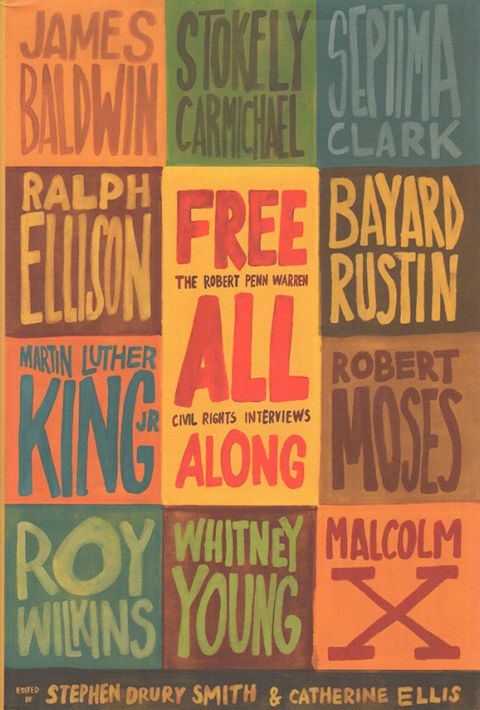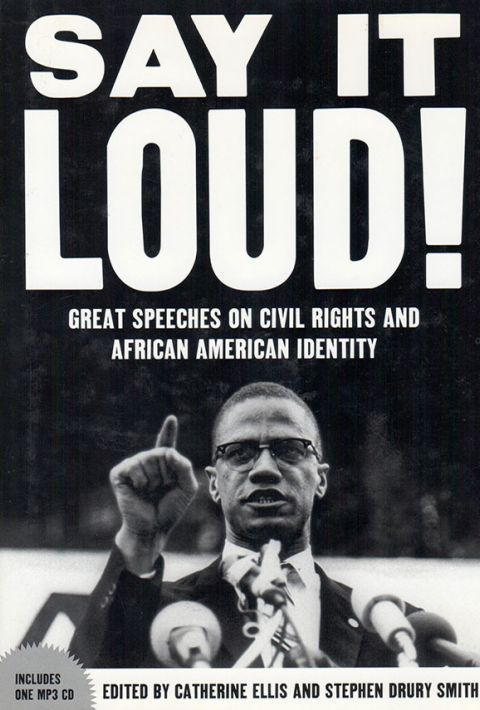Books

The First Lady of Radio: Eleanor Roosevelt’s Historic Broadcasts
On December 7, 1941, as a stunned nation gathered around the radio to hear the latest about Pearl Harbor, Eleanor Roosevelt was preparing for her weekly Sunday evening national radio program. At 6:45 p.m., listeners to the NBC Blue network heard the First Lady’s calm, measured voice explain that the president was conferring with his top advisers to address the crisis. It was a remarkable broadcast. With America on the verge of war, the nation heard first not from their president, but from his wife.
Eleanor Roosevelt’s groundbreaking career as a professional radio broadcaster is almost entirely forgotten. As First Lady, she hosted a series of prime-time programs that revolutionized how Americans related to their chief executive and his family. Now The First Lady of Radio rescues these broadcasts from the archives, presenting a carefully curated sampling of transcripts of Roosevelt’s most famous and influential radio shows, edited and set into context by award-winning author and radio producer Stephen Drury Smith. With a foreword by Roosevelt’s famed biographer, historian Blanche Wiesen Cook, The First Lady of Radio is both a historical treasure and a fascinating window onto the power and influence of a pioneering First Lady.

Free All Along: The Robert Penn Warren Civil Rights Interviews
In 1964, in the height of the civil rights movement of the 1960s, Pulitzer Prize–winning author and poet Robert Penn Warren set out with a tape recorder to interview leaders of the black freedom struggle. He spoke at length with luminaries such as James Baldwin, Martin Luther King Jr., Stokely Carmichael, Ralph Ellison, and Roy Wilkins, eliciting reflections and frank assessments of race in America and the possibilities for meaningful change. In Harlem, a fifteen-minute appointment with Malcolm X unwound into several hours of vivid conversation.
A year later, Penn Warren would publish Who Speaks for the Negro?, a probing narrative account of these conversations that blended his own reflections with brief excerpts and quotations from his interviews. Astonishingly, the full extent of the interviews remained in the background and were never published. The audiotapes stayed largely unknown until recent years. Free All Along brings to life the vital historic voices of America’s civil rights generation, including writers, political activists, religious leaders, and intellectuals.
A major contribution to our understanding of the struggle for justice and equality, these remarkable long-form interviews are presented here as original documents that have pressing relevance today.

Say It Plain: A Century of Great African American Speeches
Say It Plain is a vivid, moving portrait of how black Americans have sounded the charge against injustice, exhorting the country to live up to its democratic principles. In “full-throated public oratory, the kind that can stir the soul” (Minneapolis Star Tribune), this unique anthology collects the transcribed speeches of the twentieth century’s leading African American cultural, literary, and political figures, many of them never before available in printed form.
From an 1895 speech by Booker T. Washington to Julian Bond’s harp assessment of school segregation on the fiftieth anniversary of Brown v. Board in 2004, the collection captures a powerful tradition of oratory—by political activists, civil rights organizers, celebrities, and religious leaders—going back more than a century.
This edition includes the text of each speech along with an introduction placing it in its historical context. Say It Plain is a remarkable historical record—from the back-to-Africa movement to the civil rights era and the rise of black nationalism and beyond riveting in its power to convey the black freedom struggle.

Say It Loud: Great Speeches on Civil Rights and African American Identity
In 2005, The New Press published Say It Plain, the celebrated companion to the American RadioWorks® American Public Media documentary chronicling the great tradition of African American political speech of the past century. In “full-throated public oratory, the kind that can stir the soul” (Minneapolis Star Tribune), Say It Plain collected and transcribed speeches by some of the twentieth century’s leading African American cultural, literary, and political figures. Many of the speeches were never before available in printed form.
Following the success of that pathbreaking volume, Say It Loud adds new depth to the oral and audio history of the modern struggle for racial equality and civil rights—focusing directly on the pivotal questions black America grappled with during the past four decades of resistance. With recordings unearthed from libraries and sound archives, and made widely available here for the first time, Say It Loud includes powerful speeches by Malcolm X, Angela Davis, Martin Luther King Jr., James Cone, Toni Morrison, Colin Powell, and many others.
Bringing the rich immediacy of the spoken word to a vital historical and intellectual tradition, Say It Loud illuminates the diversity of ideas and arguments pulsing through the black freedom movement.

After the Fall: New Yorkers Remember September 2001 and the Years That Followed
Published to mark the tenth anniversary of the September 11, 2001, terrorist attacks, After the Fall is a landmark oral history drawn from the celebrated collection of 9/11 interviews at Columbia University.
Within days of 9/11, Columbia’s Oral History Research Office deployed interviewers across the city to begin collecting the accounts and observations of hundreds of people from a diverse mix of New York neighborhoods and backgrounds. Over subsequent months and years, follow-up interviews produced a deep and revealing look at how the attacks changed individual lives and communities in New York City.
After the Fall presents a selection of these fascinating testimonies, with heartbreaking and enlightening stories from a broad range of New Yorkers. The interviews include first-responders, taxi drivers, school teachers, artists, religious leaders, immigrants, and others who were interviewed at intervals since the 2001 attacks. The result is a remarkable time-lapse account of the city as it changed in the wake of 9/11, one that will resonate powerfully with New Yorkers and millions of others who continue to feel the impact of the most damaging attack on American soil in history.